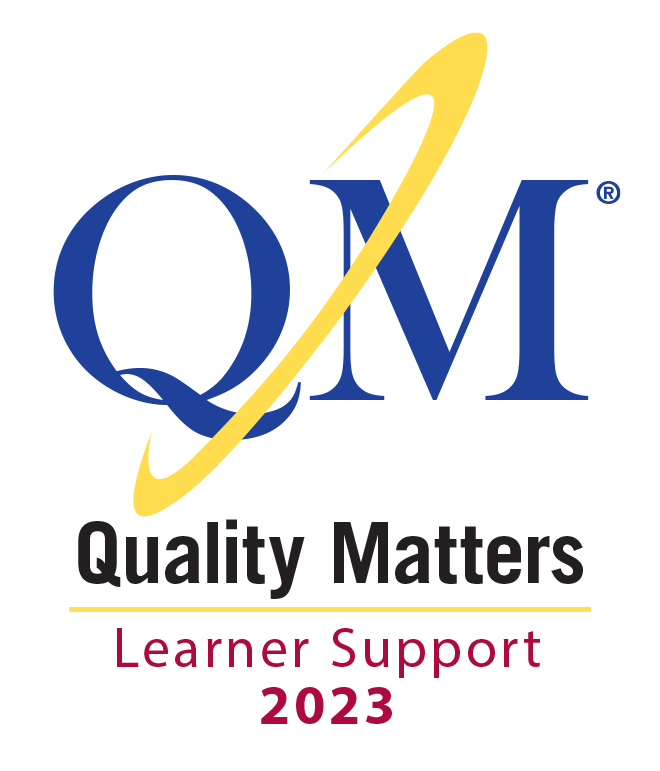Questions? Request Information
Degree Completion Journey
The PhD in Human Services includes 11 core courses, plus one elective research course, five specialization courses, and a capstone seminar. The coursework covers topics including the history, systems, theories, strategies, and policies of the human services field and leads up to your doctoral dissertation, which includes two dissertation planning courses as well as five units of the dissertation course. The doctorate in human services courses are instructed by faculty members who all have earned doctorates themselves. These qualified faculty members will enliven your discussions by teaching theory that they themselves have used in their professional careers.
To be awarded the PhD in Human Services, you must complete the program coursework of 62 credits with a 3.0 minimum cumulative grade point average. You will need to complete three non-credit In-Residence Workshops.* You will also need to complete all Dissertation requirements.**
* For the PhD in Human Services, you are required to attend three In-Residence workshops as defined in the University Academic Catalog.
** As a requirement for graduation from the University of Arizona Global Campus with a degree of Doctor of Philosophy (PhD), each student must complete and successfully defend a Dissertation. The purpose of the Dissertation is to ensure that the student has mastered the ability to pursue a systematic investigation, which examines significant issues or problems. The Dissertation requirement is also designed to contribute to the student’s knowledge, skills, and research expertise. Students choose a topic that addresses carefully chosen research questions that the student then investigates with quantitative or qualitative research, with a meta-analysis, or with a program design or program evaluation. Prerequisites, timelines for completion, and attendance requirements for Dissertation, as well as a detailed explanation of each step in the process, are described in the Dissertation Handbook.
This program is not designed to meet the state educational requirements for a specific professional license or certification in any state. Students seeking licensure or certification in a particular profession shall carefully research the requirements prior to enrollment and regularly review the requirements as they are subject to change. Requirements vary by state. The University of Arizona Global Campus does not guarantee that any professional organization will accept a graduate’s application to sit for any exam for the purpose of professional certification. Further, a criminal record may prevent an applicant from obtaining licensure, certification, or employment in their field of study.
Certain degree programs may not be available in all states.
The Online Teaching Support Certification recognizes programs that require all online faculty to undergo training in best practices for online course delivery, provide faculty with ongoing pedagogical support, encourage faculty professional development to increase their knowledge and skill in online teaching, emphasize instructor availability and feedback to learners, and collect and use feedback from learners to improve online teaching. Learn More

The Online Learner Support Certification recognizes programs that provide all the critical student and academic services needed for learner success and use learner feedback to continuously improve those services.

Customize Your Human Services Degree with UAGC Specializations
To add further focus to your doctorate in Human Services degree, you will add the Standard Program of Study specialization, which is 15 credits.
-
Take a broad view of the rewarding field of human services when you pursue the Doctor of Philosophy in Human Services, Standard Program of Study at the University of Arizona Global Campus. This degree program is designed for you if you have career aspirations and research interests related to guiding the policies and practices required to address the needs of diverse and underserved populations, including those struggling with addiction, illness, poverty, and violence. Your specialization may require prerequisite course work. Please talk to your advisor for more information.
Careers Related to Doctor of Philosophy in Human Services


U.S. Department of Labor data regarding salary ranges and job growth projections are national in nature and do not guarantee employment, any specific salary, or job growth. Also, national long-term projections may not reflect local and/or short-term economic or job conditions. Top Skills are provided via Lightcast job postings data and may not align with UAGC program learning outcomes. UAGC programs are not designed to meet the state educational requirements for a specific professional license or certification in any state. UAGC does not guarantee employment placement, any specific salary from employment, or career advancement.
Meet Our Faculty
Other Degrees That May Interest You
Check out other degree programs that suit a variety of interests and may enhance a wide scope of career opportunities at UAGC. Discover similar programs to find the right path for you.







